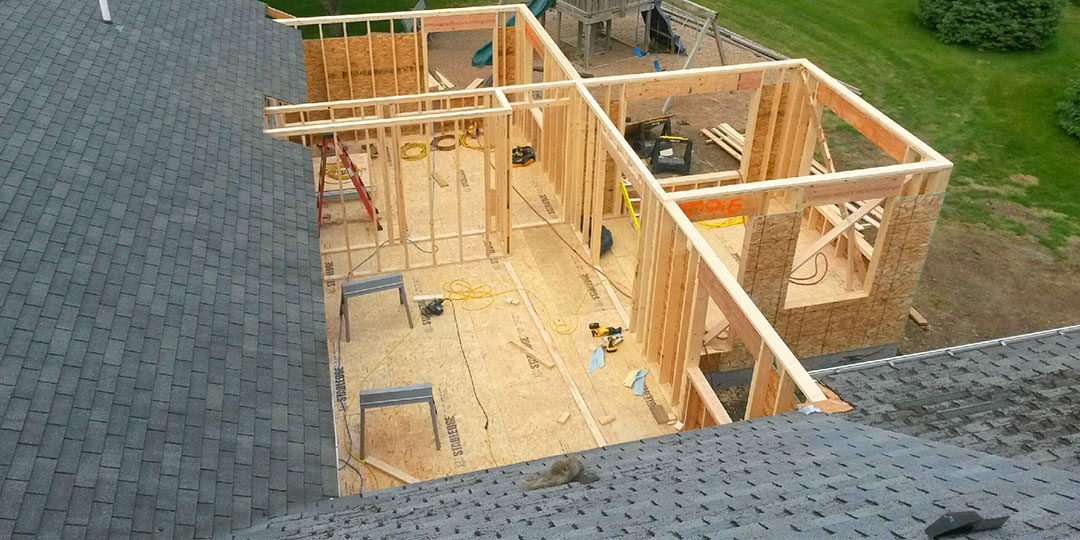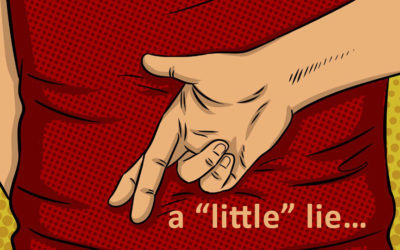Whether you add another floor, finish your basement or extend a living room, all significant renovations to your house bring its value up. The homeowners hesitantly share house upgrade information with the insurance company, because reevaluated Property Replacement Cost will most likely raise the amount of the insurance premium.
Many people think they carry enough coverage, what they often don’t realize is that insurance companies will not fully cover the loss if the house is insured for less than 80% of its replacement cost. It is called 80% rule or coinsurance, and if you fall below it, it may cost you dearly.
What does 80% coinsurance mean for your insurance policy?
A house with a value of 1 million dollars and a policy with an 80% coinsurance clause must be insured for at least $800,000. Suppose your house after the renovation has a replacement cost value of 1 million dollars, but you carry older insurance for only $700,000 (previous value), and you sustain a loss of $100,000. In that case, the insurance company will pay out only 87.5% of the total damage ($87,500) minus any deductible your policy carries. Why? Your property was insured for only 87.5% of the minimum required value (700,000 insured value ÷ 800,000 minimum required value).
Why do insurance companies use the coinsurance clause?
Imagine what would happen if most of the homeowners only partially insured their houses. After all most property claims involve only partial losses, and if the fire breaks out in your home, it will probably destroy only a portion of the building. Majority of insurance companies would not last long, because the premiums generated by those partial policies would not be enough to cover the losses. If the limit of insurance on your house is half the value, then you are only insuring half of it. That’s why carriers feel justified in paying just “half of the claim.”
Insurance companies calculate the value of your property at the inception of the policy and will not allow to keep it below its replacement cost. Some carriers bring the coverage up every year due to the inflation, but they will not know about a sudden change in your property value due to the renovation if you don’t report it.
Agreed Value Endorsement
One way to bypass the coinsurance clause is to purchase property coverage on an agreed value basis. Under this choice, you and your insurer agree, before the policy becomes effective, on a value for your property.
Failing to Report an Addition to the House
If you build a deck and someone falls off it, you will likely be denied your claim if you failed to tell your insurance company about the addition.
Being underinsured may cost you a lot, and hiding certain additions to your home may result in denying the claim altogether.
* Contact me before you start your project and confirm your policy covers you for the time of the project. Some remodeling projects may require the builder’s risk policy.
Are you OVERPAYING your insurance?
Let’s check; it doesn’t cost anything!
Related posts
Top factors that will increase homeowner’s insurance premiums
Every insurance company will assess the value of your home before issuing the home policy. The replacement value will be the main factor in determining the policy premium.
Little insurance lies with big consequences
When disaster strikes but insurance denies paying the claim, financial hell breaks loose. It’s often caused by misleading information on the original application for coverage.
Temporarily Suspending Your Car Insurance
Going away for an extended vacation? Living for military deployment? Garaging your convertible for winter? All of the above trigger a question: do you need the insurance for the vehicle you don’t use?
Get started online
Give us 24 hours and we'll give you the price!
PHONE
ADDRESS
258 DAYTON AVENUE
CLIFTON, NJ 07011
Serving New Jersey



